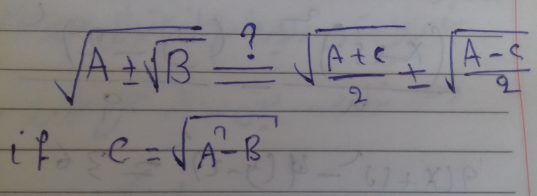
AllQuestion and Answers: Page 696
Question Number 150029 Answers: 1 Comments: 0
Question Number 150017 Answers: 0 Comments: 2

Question Number 150009 Answers: 1 Comments: 0

Question Number 150007 Answers: 1 Comments: 0
Question Number 150006 Answers: 1 Comments: 0
Question Number 149996 Answers: 3 Comments: 0
Question Number 149989 Answers: 1 Comments: 0
Question Number 149986 Answers: 1 Comments: 0

Question Number 149981 Answers: 1 Comments: 0
Question Number 149979 Answers: 0 Comments: 2
Question Number 149962 Answers: 0 Comments: 0
Question Number 149959 Answers: 1 Comments: 3

Question Number 149958 Answers: 4 Comments: 2
Question Number 149932 Answers: 2 Comments: 0

Question Number 149946 Answers: 6 Comments: 0

Question Number 149944 Answers: 0 Comments: 1
Question Number 149940 Answers: 1 Comments: 1

Question Number 150467 Answers: 2 Comments: 1

Question Number 150462 Answers: 2 Comments: 0

Question Number 149917 Answers: 1 Comments: 0
Question Number 149914 Answers: 0 Comments: 0
Question Number 149903 Answers: 1 Comments: 0
Question Number 149894 Answers: 1 Comments: 1

Question Number 149891 Answers: 1 Comments: 0
Question Number 149889 Answers: 0 Comments: 3

Question Number 149886 Answers: 0 Comments: 0
Pg 691 Pg 692 Pg 693 Pg 694 Pg 695 Pg 696 Pg 697 Pg 698 Pg 699 Pg 700
